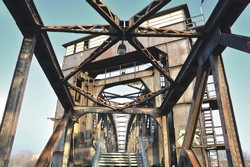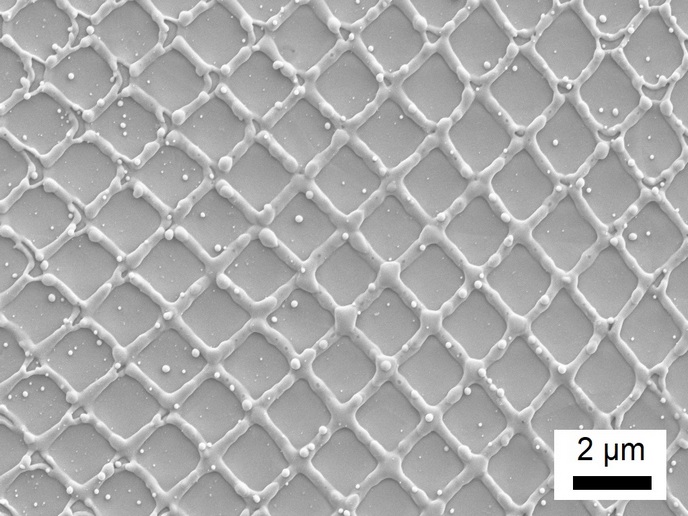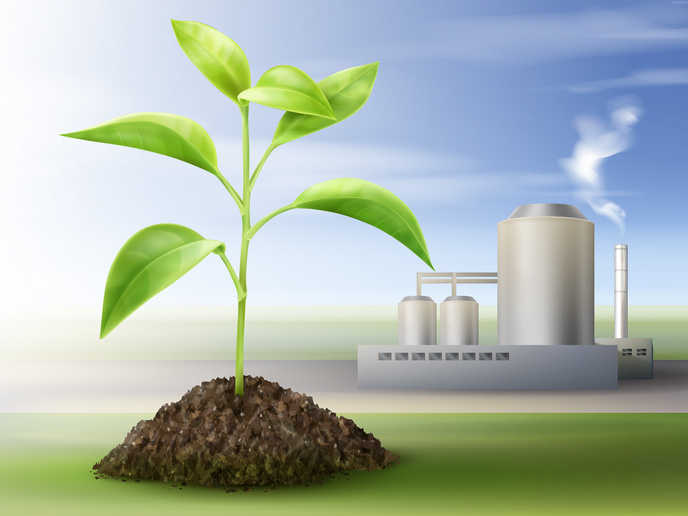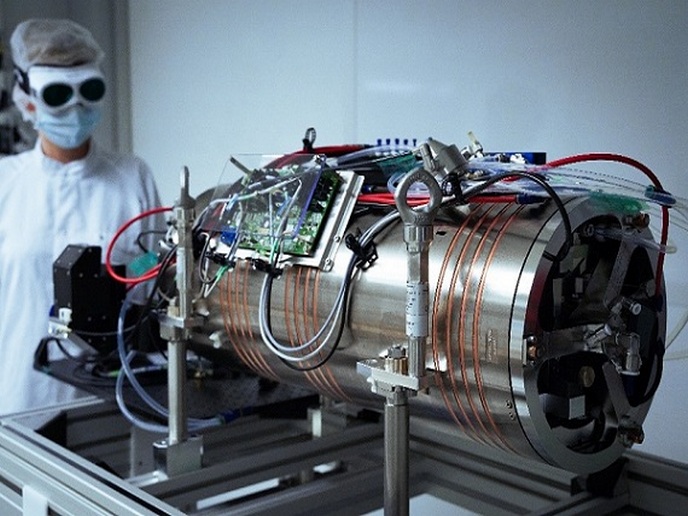Microbes combat corrosion in novel biocoatings
Corrosion is the primary means of metal deterioration, affecting the safety and function of critical infrastructure and equipment around the world. EU-funded scientists developed eco-friendly technology and other services to combat microbial-influenced corrosion (MIC) within the scope of the project BIOCORIN (New biocoating for corrosion inhibition in metal surfaces). When microorganisms adhere to and thrive on metal surfaces, they create a biofilm that is the first stage of biofouling. Current anti-fouling solutions have raised concerns about negative environmental impact and researchers turned to nature for solutions. Anti-fouling microorganisms that secrete anti-MIC compounds in the presence of MIC were found to be the key. The BIOCORIN team used genetic techniques to identify bacteria, fungi and yeast associated with fouling and MIC from different climatic zones. They selected two candidate bacteria with anti-MIC properties that were confirmed to be present in the analysed environments and active on corroded steel plates. Scientists incorporated these microorganisms in a sol-gel matrix and formulated coatings for application on different types of metal surfaces. Testing for chemical corrosion resistance, mechanical stability and anti-fouling microorganism viability yielded good results. The innovative biomimetic BIOCORIN solution shows a significant reduction of 88 % of CO2 and 91 % of methane emissions. Compared to other traditional antifouling solutions such as epoxy coating, this is a significant decrease in the impact category of Global Warming Potential (GWP). Using demonstrators, the BIOCORIN technology was validated via three case studies at sites with different environmental conditions. Results are available via YouTube videos. BIOCORIN has produced several products and services with huge commercial potential. This includes the sol-gel coating with anti-MIC additives as well as an artificial biofilm. Important services offered include corrosion monitoring, compliance testing and formulation of novel coatings. After further optimisation, the implementation of eco-friendly BIOCORIN technology is expected to increase the infrastructure durability of civil engineering structures at reduced costs. Overall economic impact is estimated at approximately EUR 612 billion in savings in direct costs of MIC.
Keywords
Biocoating, microbial-influenced corrosion, anti-fouling, sol-gel, biofilm







